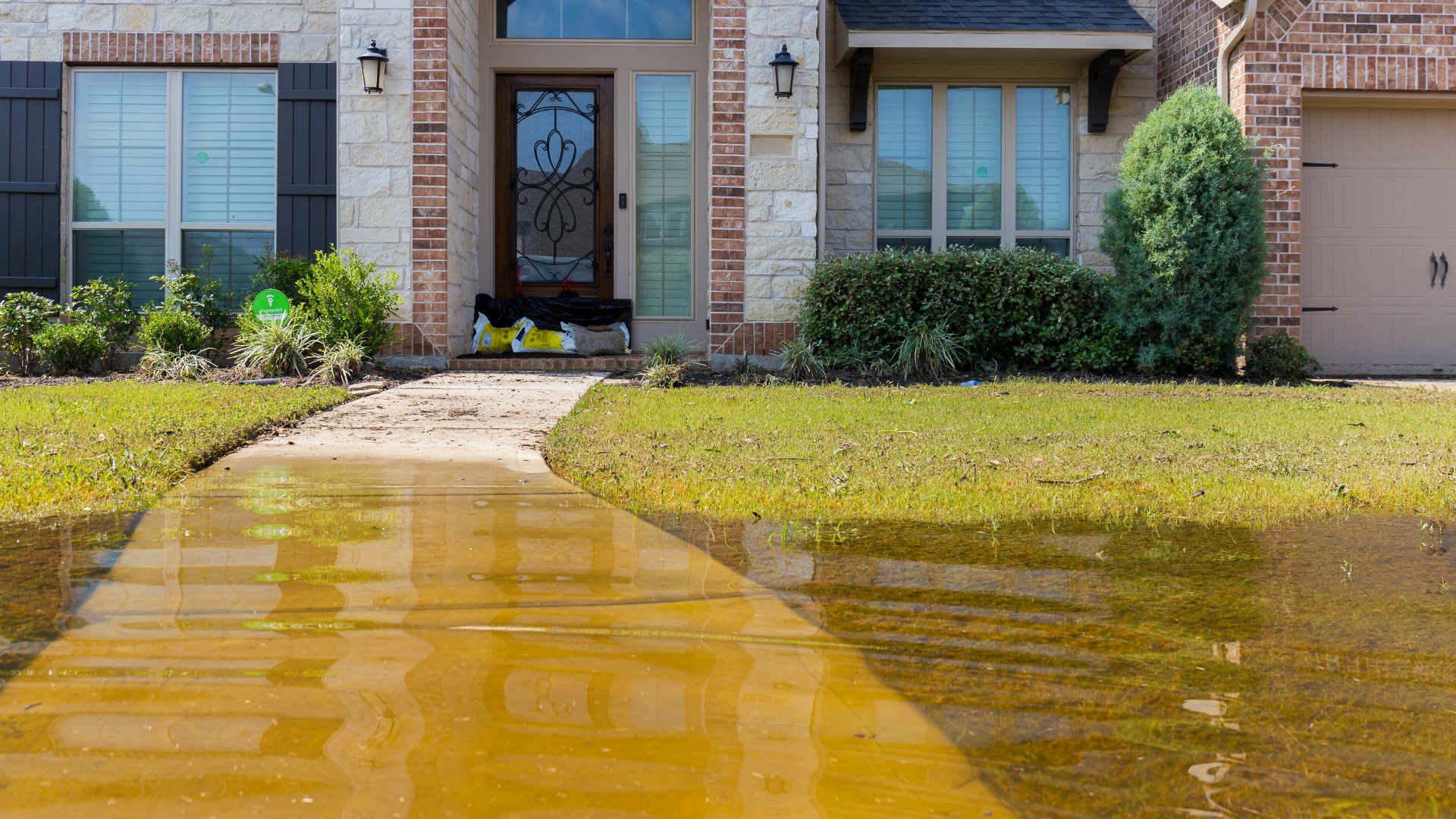WASHINGTON — According to WUSA9 Chief Meteorologist Topper Shutt, Tropical Storm Elsa is the earliest-known fifth named storm on record for the Atlantic basin in the satellite era (1966-present), breaking the record formerly held by Edouard on July 6, 2020.
And with all the wind, heavy rain and flooding that affected some areas, the Verify team looked into the differences between flood damage and water damage and whether they're typically covered by your homeowners' insurance policy.
THE QUESTION
Is flood damage covered by homeowners insurance?
What's the difference between "flood damage" and "water damage?"
THE SOURCES
- Michael Barry, Senior Vice President at Insurance Information Institute
- Federal Emergency Management Agency
THE ANSWER
Generally speaking, flood damage is water coming from the ground up and is not covered in standard homeowners' insurance policies. Water damage is when water comes down into your home and is typically covered.
WHAT WE FOUND
According to Michael Barry, Senior Vice president at Insurance Information Institute, you should think of flood damage as water coming from the ground up, which is not covered in standard homeowners insurance policies.
“So it's heavy rain and the river overflows or the creek overflows, there's storm surge if you're near the ocean," Barry explains, "these are all considered floods.”
Barry added homeowners should think of “water damage” as water coming from above and down.
Barry provided an example: If the wind caused damage to your roof, then it rains and water pours into the opening in the roof, that would be considered "water damage" and covered under a homeowner's insurance policy.
Homes and businesses in high-risk flood areas with government-backed mortgages are actually required to have flood insurance. But, according to FEMA, your home doesn't have to be in a flood zone to be at risk.


According to WUSA9's Chief Meteorologist Topper Shutt, the Atlantic hurricane season officially runs from June 1 to November 30. Forecasters are expecting above-normal hurricane activity this season. Peak hurricane activity is usually between August, September and October, according to Topper Shutt.
September is the most common month for hurricanes making landfall in the U.S., followed by August and October, according to an analysis of 1851 to 2015 data by the National Oceanic and Atmospheric Administration.

